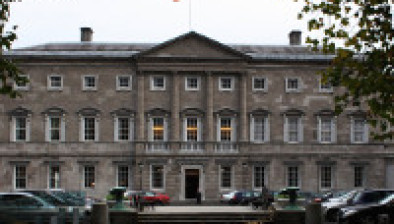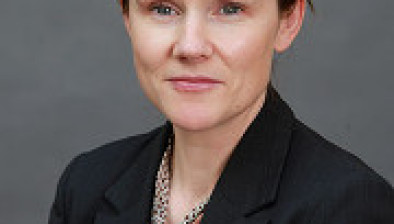Citizens who came to Ireland as refugees take family reunification case to Supreme Court

Laurence Bond
The Supreme Court is hearing an appeal from two people who came to Ireland as refugees but subsequently naturalised as Irish citizens and were subsequently denied access to the family reunification scheme.
Ms Justice Marie Baker, sitting in the Court of Appeal, ruled against ‘MAM’ and ‘KN’ last May.
The judge found the declarations of refugee status of the two people had been revoked by operation of law once they acquired Irish citizenship and that, as such, they could not succeed in their applications for family reunification.
The Irish Human Rights and Equality Commission intervened in the Court of Appeal as amicus curiae and appeared again before the Supreme Court yesterday.
In its legal submissions, the watchdog focuses on the right to family unity as guaranteed by article 8 of the European Convention on Human Rights.
It submitted that, in trying to strike a fair balance between ‘MAM’ and ‘KN’s interests on the one hand and the State’s on the other, the court had to take into account that the refugees’ family separation had been involuntary, that they could not reunite with their families in their countries of origin, and that the only way that they could reunite with their families was if their families came to Ireland.
Finally, the Commission submitted that the Minister’s refusal to allow ‘MAM’ and ‘KN’s families to come here breached their right to family unity.
The Commission has consistently criticised the narrowing of access to family reunification for people granted international protection under changes to the legislation made in 2015.
Most recently in December 2019, the Commission raised family reunification as an issue of concern as part of Ireland’s review of its obligations under the UN Convention on the Elimination of Racial Discrimination (CERD).
Laurence Bond, director of the Irish Human Rights and Equality Commission, said: “Family reunification is essential in allowing people who have fled threat of persecution to resume living a normal life in the company of their loved ones.
“The current legislation effectively forces people in vulnerable circumstances into choosing between their own protection and their close family members. The Commission is of the view naturalised refugees should not be excluded from the statutory family reunification regime.
“The Commission has recommended that the State clarify how it intends to address the deficiencies in its statutory framework for family reunification.”










